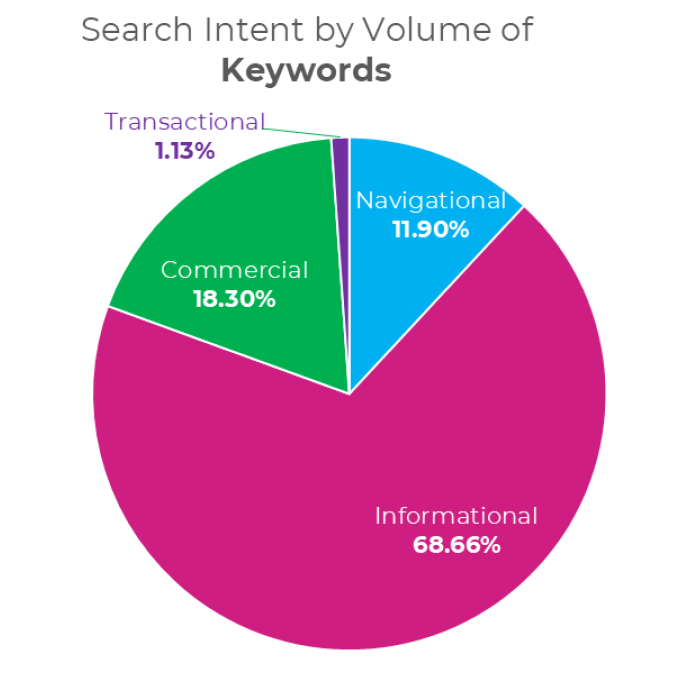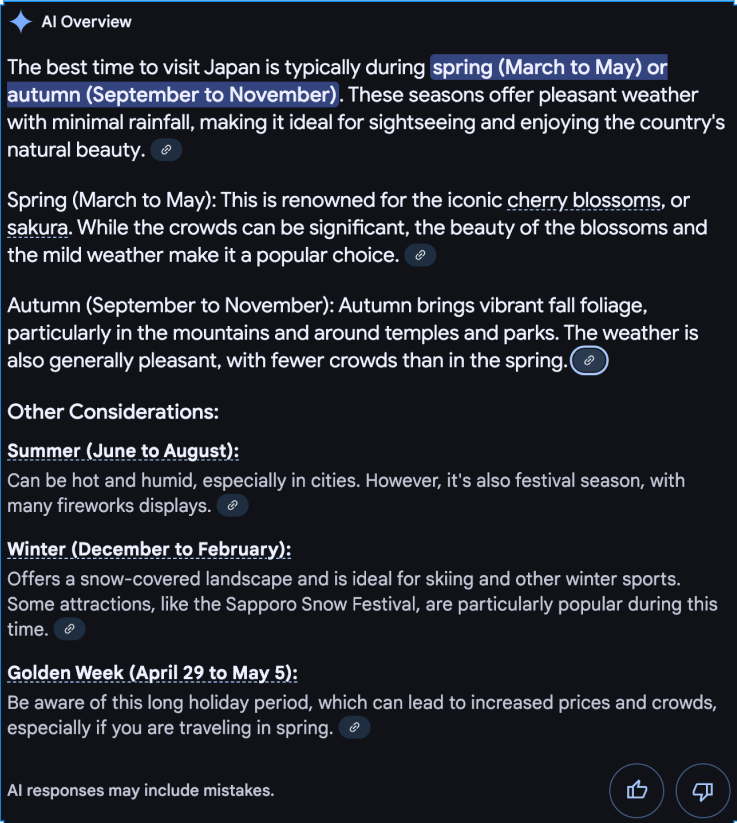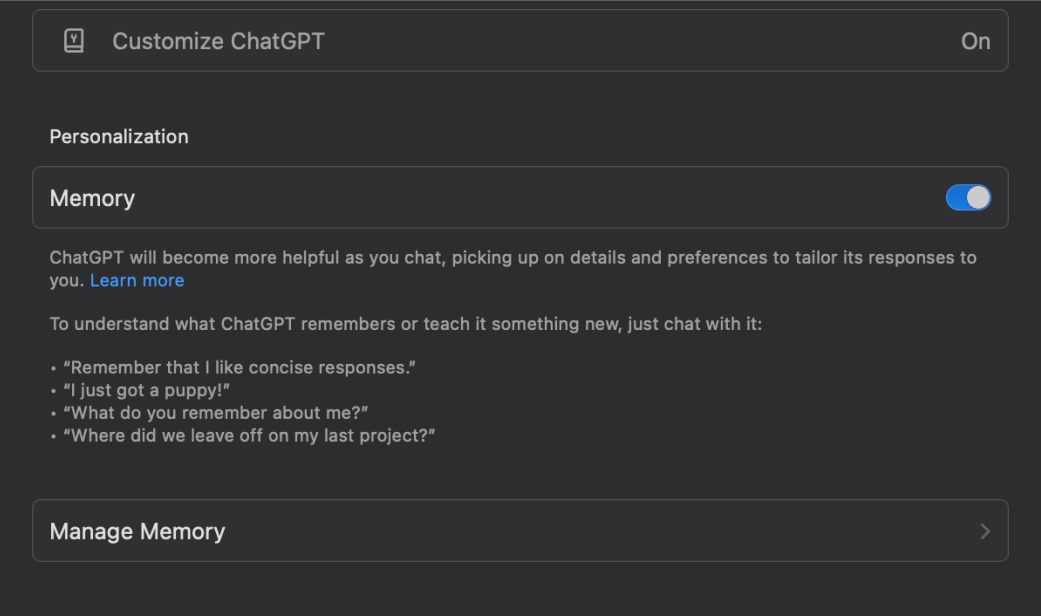Boostability: The Current Search Landscape, AI Overviews & Agentic Search, Memory, and the future of Search Memo
The current search landscape is filled with speculation and fear regarding the impact of AI Agentic Search platforms such as ChatGPT, Claude, Perplexity, and Gemini. Some are spreading alarmist misinformation about Google’s supposed loss of market share to these new technologies. To address these rumors and clarify the situation, let’s examine the factual data.
A recent study by SparkToro, in collaboration with Datos (a SEMrush company), provides a comprehensive analysis of Google Search’s performance in 2024 compared to AI-driven platforms like ChatGPT, Perplexity, Claude, and Gemini. Contrary to popular belief that AI tools are significantly encroaching on Google’s search dominance, the data reveals a different narrative.
Key Findings:
- Google’s Growth: In 2024, Google Search experienced a 21.64% increase in search volume, processing over 5 trillion searches for the year, which averages to more than 14 billion searches per day.
- ChatGPT’s Search Volume: OpenAI’s ChatGPT handles approximately 1 billion messages daily. However, only about 30% of these are considered search-like queries, equating to roughly 37.5 million search-like prompts per day.
- Comparative Scale: When comparing daily search volumes, Google processes about 373 times more searches than ChatGPT. Even when aggregating all AI tools, including Perplexity, Claude, Copilot, and Gemini, their combined share remains under 2% of the total search market.
- Perplexity’s Position: Among AI search tools, Perplexity has shown notable growth, with a 42% increase in desktop visits from May 2023 to May 2024. Despite this, Google’s user base remains substantially larger, with 290 times more search users than Perplexity as of May 2024.
- User Behavior: The study indicates that while AI tools are gaining traction, the vast majority of users still rely on traditional search engines. Specifically, 83% of users exclusively use traditional search engines, and among those who use AI tools, 99% also continue to use Google.
In summary, while AI-driven platforms are emerging and growing, Google Search not only maintains its dominance but has also experienced significant growth in search volume. The integration of AI features within Google’s ecosystem appears to enhance user engagement rather than detract from it.
…
The Search Intent
A key question facing many of us today is how AI is transforming search behavior. Recent research conducted by Semrush, Ahrefs, Sparktoro, and others have provided insights into how users interact with search engines. Leveraging the power of AI, we can now analyze search patterns at a level of depth previously unattainable.
Search intent is now commonly classified into four primary categories: Informational, Navigational, Commercial, and Transactional.
4 Primary Search Types
- Informational The user is looking for information or answers to questions. There is no intention to buy — queries are meant for just learning.
- Examples:
- “How does solar power work?”
- “Best dog breeds for apartments”
- Examples:
- Navigational The user is using Google to navigate to specific pages. The user wants to find a specific website or page. The users already know where they want to go.
- Examples:
- “Facebook login”
- “Apple.com”
- Examples:
- Commercial The user is considering a future purchase and is researching options. Commercial searches could include comparisons, reading reviews, etc. Generally, they are not ready to buy yet.
- Examples:
- “Best CRM for small business”
- “Purple bike pedals”
- Examples:
- Transactional The user is ready to take action — to buy something, sign up, or convert. These are the searches with high-converting intent.
- Examples:
- “Buy bike parts online”
- “Schedule HVAC service near me”
- Examples:

[Image by Sparktoro]
When examining the distribution of search intent, it becomes clear that nearly 70% of all keywords reflect informational intent—searches aimed at learning something or gaining a deeper understanding of a topic or problem.
Interestingly, although navigational keywords represent only about 12% of total keywords, they tend to be among the most frequently used and repeated searches. In many ways, Google is the “front door” to your website.
Commercial and transactional keywords drive the most direct business value, as they reflect searches for companies, solutions, services, and products.
While AI is reshaping informational search—with AI Overviews and 60% of searches now resulting in “zero-click” outcomes—it is not replacing commercial or transactional search behavior, where users still actively seek to engage with businesses. Google still remains the place people go after they know what they want.
…
AI in the Search Results
AI Overviews & Agentic Search
AI Overviews are AI-generated summaries that appear at the top of some Google Search results. They are part of Google’s integration of generative AI into search, formerly branded as Search Generative Experience (SGE). These summaries aim to give users quick, concise answers to complex queries by pulling together information from various web sources and using Google’s Gemini AI to generate a natural language response.
Key Features of AI Overviews:
- Summarized Information: Instead of just showing links, Google gives a paragraph or two summarizing the answer to your question.
- Citations: These overviews often include clickable links to the sources Google used to generate the summary.
- Follow-up Prompts: Users can click to expand the answer or ask follow-up questions directly within the search interface.
- Still Shows Traditional Results: Below the AI overview, you’ll still see the usual mix of organic links, ads, and other modules.
Google disclosed in their most recent earnings call that AI Overviews are being shown in roughly 1.5 billion searches per day out of the 14 billion Daily Search Volume or 10.7%.
Example: If you search “What is the best time to visit Japan?” an AI Overview might say something like this example in the screenshot below. And it might also cite travel blogs, weather sites, and tourism boards.

[Screenshot: AI Overview from Google Search]
Why It Matters:
- SEO Impact: AI Overviews can reduce click-through rates (CTR) to traditional organic results because users may get what they need from the summary itself. These are being called Zero-click searches by industry experts and influencers.
- User Experience: They can make it faster to find answers without digging through multiple websites.
- Controversy: Some site owners and publishers are concerned about fair attribution, reduced traffic, and the accuracy of AI-generated answers.

[Screenshot: AI Overview from Google Search]
Google is taking a long-term approach to AI Overviews, which currently suffer from misinformation and unreliable citations. This lack of inherent trustworthiness is a problem not unique to Google but prevalent across all AI Agentic search experiences. All stakeholders are actively seeking solutions to improve the accuracy of AI-generated responses.
One stark weakness of Agentic Search is Mathematics. It is terrible at doing complex or multi-step Math. Why? Because Agentic search systems are language-first, not math-first.
The architecture of the LLMs (Large Language Models) are primarily focused on content related tasks using a predictive model. They gather information from the web and summarize it or extrapolate from multiple sources and combine the information into a single piece of content. Because these models are trained from public data on the web, there is “drift” or “hallucinations” that can occur in their results.

Drift and Hallucinations occur in Agentic Search because of 3 primary things:
- Language-first reasoning: These systems simulate understanding but don’t inherently verify.
- No hard fact-checking loop: Unless they query a verified database/source, they may not distinguish real from fake data.
- Content accumulation: Long or multi-step prompts increase the chance of semantic drift or confusion.
In summary, Users of Agentic search platforms should be aware that not all outputs are trustworthy and should be additionally researched when critical decisions are being made from the information provided or the information is being shared or claimed as factual by the User.
…
Memory
What is memory in ChatGPT and Journeys (now called By Group) in Google?
Unlike typical chat/search sessions that “forget” everything once the conversation ends, Memory allows Agentic search platforms to remember useful facts you have shared, such as:
- Your name or preferred pronouns
- Your profession or role
- Your goals (e.g., “I’m learning Python”)
- Preferences for response style or tone
- Ongoing projects or interests
- Likes and dislikes
This is different from short-term context within a single chat—Memory persists across sessions.

[Screenshot: ChatGPT setting for Memory]
Memory can be turned on or off in both ChatGPT and Google, you can even delete individual memories or wipe all memory history. This is a game changer in so many ways compared to historical short-term search sessions.
…
The Future of Search and SEO
What does the use of Memory mean for the future of search?
It means we are moving more and more to a hyper-personalized search experience. This creates problems with things like SERP (search engine results page) rankings. Tracking a given websites’ presence for a given search phrase/keyword is becoming almost impossible for 3rd parties. A search for a given question, phrase, or keyword will not be the same for different individuals even in the same geographic location.
With this growing restriction on website and keyword rankings accuracy, the focus has to be more holistic and cover expanded metrics and KPIs (Key Performance Indicators) like Website Traffic, Website Conversions, and Google Business Profile clicks, calls, and visits. We have initiatives in our product roadmap that will give greater exposure of these metrics to our clients in the near future. A prerequisite to showing these expanded metrics will include integration with Google Tag Manager, Google Search Console, Google Analytics 4, and Google Business Profiles for each SEO campaign.
What does this mean for our approach to SEO, content, and overall strategy for Agentic search?
Due to the rise of Agentic search both within Google and elsewhere, the targeting of SEO campaigns needs to be more conversational in nature as well as question/answer based.
Think of potential customers as embarking on a Journey when first starting their product/service discovery process. They will likely start out by asking many questions to understand more about whatever it is they are eventually going to purchase whether that be a product or service.
Let’s say you are a roofing contractor located in Dallas Texas. What are some of the first questions people ask when looking for a roofing contractor to replace their roof?
- How much does it cost to replace my roof?
- What are the different roofing materials and what are the pros and cons of each?
Those are just two example questions that a prospective client might ask before trying to find a roofing contractor. The more authority and trust websites demonstrate to Google and other Agentic search platforms along the lifecycle of this Journey process, the greater chance they have of being brought to the top of the results when the prospective buyer gets to the point of their purchasing decision.
Websites that ask and answer questions through their core website content and site articles, the better chance they will have of being introduced initially and all along the process of discovery, right up to the point of sale. This website content combined with solid customer reviews on their Google Business Profile and other review sites, the better chance they have of being part of the Journey and eventually the destination of the user.
We are also working on additional product strategies and deliverables that will aid in this Q&A based content that answers more long-form, conversational-like search queries. These may include FAQ sections for both core content as well as articles. It will also likely include schema markup for the search crawlers that are indexing your website content for inclusion in their search indexes.
In conclusion, we are actively monitoring the evolving AI Agentic search landscape to ensure our clients receive the most effective SEO strategies and deliverables. Our goal is to empower each client to be an authoritative and trusted online presence throughout their customers’ journey.


